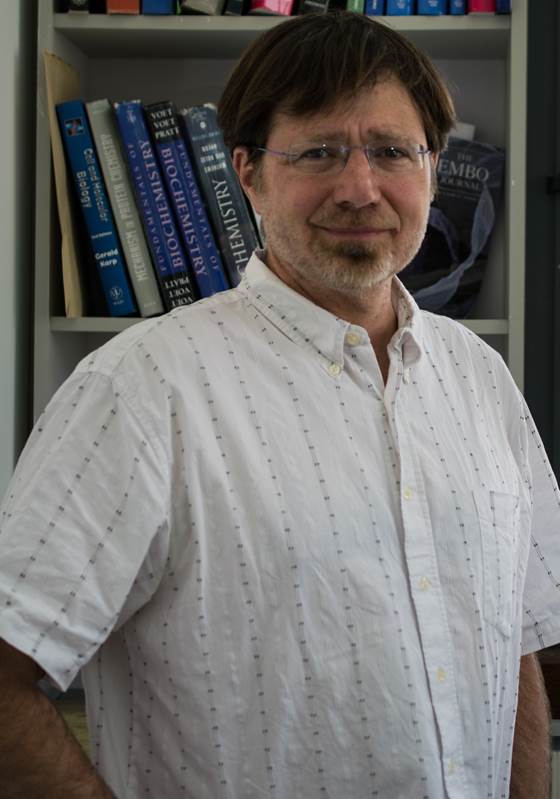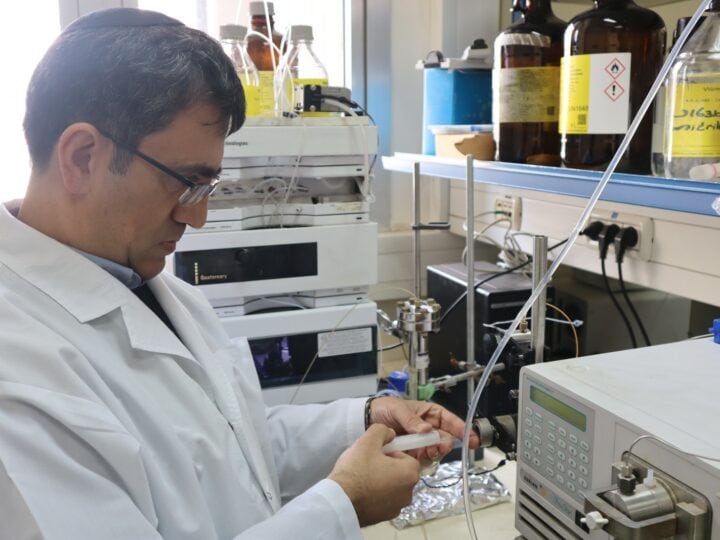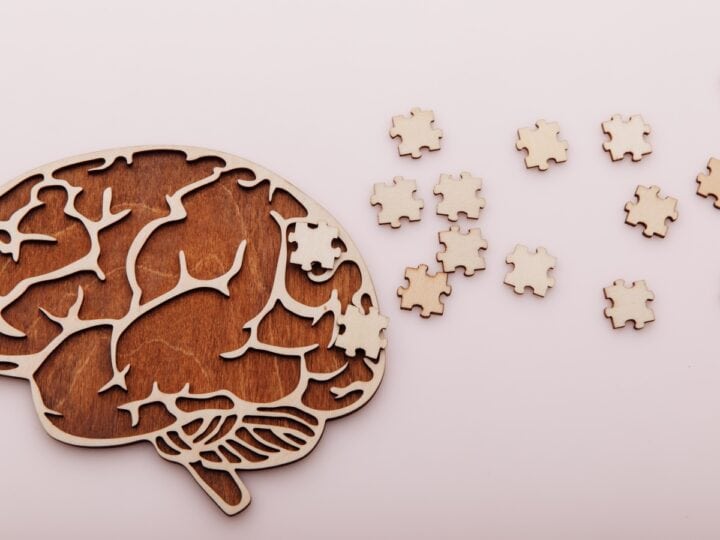
A breakthrough at the Technion-Israel Institute of Technology sheds new light on a key mechanism in the accumulation of protein plaques in the tissue of Alzheimer’s disease patients.
Alzheimer’s disease affects approximately 5.2 million people in the United States alone, and it is the nation’s sixth leading cause of death. A cure for this insidious killer has so far proven elusive, but that could soon change thanks to the new Israeli research.
The findings were published online this week by Nature Chemical Biology.
“Proteins that constitute major building blocks of our body cells continuously pass through quality control,” says team leader Prof. Michael Glickman, of the Faculty of Biology. “Defective proteins are sent to the proteasome, a molecular machine (found in all of our cells) that eliminates defective proteins by recycling them back to their building blocks. But a small number of them slip through this process. Proteins that evade the proteasome accumulate, and may be harmful when they reach a critical mass, which is often the case at an advanced age.”
The Technion researchers’ breakthrough findings are centered on UBB +1, a mutation prevalent in Alzheimer’s disease patients. The mutation impairs a protein called ubiquitin that marks other proteins to be dismantled at the proteasome.
Until now the prevailing view among scientists was that UBB +1 impairs the functioning of the proteasome itself. But in her doctoral dissertation under the guidance of Prof. Glickman, Dr. Daria Krutauz found that in the presence of UBB+1, damaged proteins are apprehended on their way to the proteasome, and accumulate without reaching their final recycling destination. As a result, they have more opportunity to form the deadly plaque associated with Alzheimer’s disease.
“Because our findings run contrary to what was previously believed, this discovery opens new venues for intervention in the hope of developing a cure for Alzheimer’s disease,” says Prof. Glickman.
The research team was comprised of Prof. Michael Glickman, Dr. Daria Krutauz and Lab Manager Noa Reis, in collaboration with team members in the labs of Prof. David Fushman at the University of Maryland, Prof. Steve Gygi at Harvard Medical School and Prof. Ashraf Brik at Ben Gurion University.
















